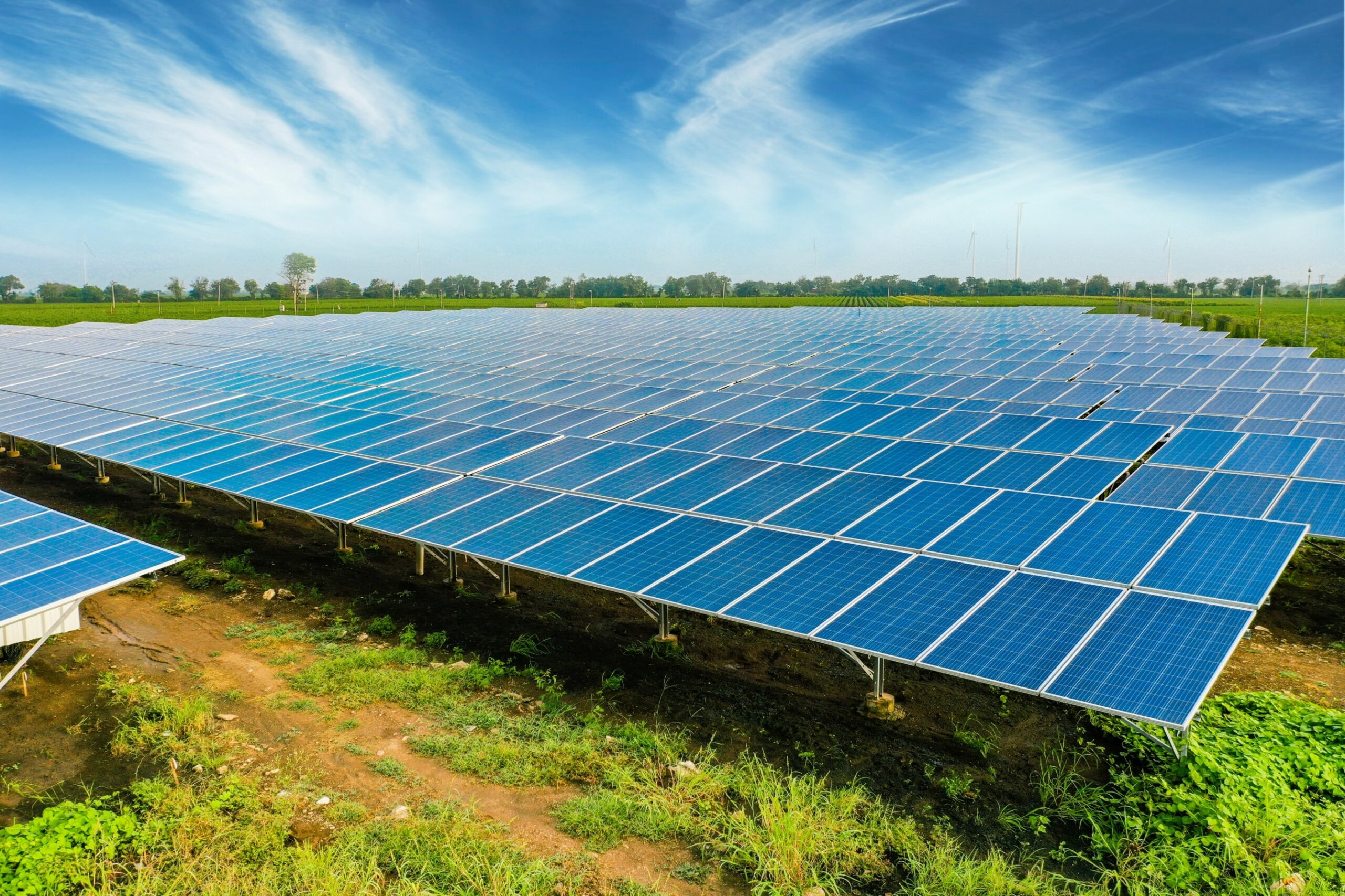The Ultimate Overview to Selecting the most effective Solar Panels
Selecting the ideal solar panels is a diverse decision that goes past plain appearances or price. As the landscape of solar modern technology continues to advance, the ramifications of your decision can have long-term impacts-- both financially and ecologically.
Recognizing Solar Panel Types

Monocrystalline panels are built from a solitary crystal framework, using high effectiveness and space-saving benefits. In contrast, polycrystalline panels comprise multiple crystal structures, leading to a slightly lower performance price.
Thin-film photovoltaic panels are made from a range of materials, including cadmium telluride and amorphous silicon. They are lightweight and flexible, enabling one-of-a-kind applications, such as assimilation right into building materials. Although they tend to have lower performance prices compared to crystalline panels, their setup costs and versatility can make them an attractive selection for details jobs.
Understanding these kinds will certainly equip you to make informed choices based on your power demands and budget factors to consider.

Reviewing Efficiency Scores
Evaluating effectiveness ratings is critical for picking solar panels that line up with your power goals. The performance of a solar panel shows the percentage of sunshine transformed into useful power. Higher effectiveness ratings imply that panels can generate more energy in an offered area, making them especially beneficial for setups with limited area.
Common photovoltaic panel effectiveness vary from 15% to over 22%. When comparing options, it is necessary to take into consideration the kind of solar technology used, as monocrystalline panels generally provide greater efficiency than polycrystalline panels. Effectiveness is not the sole standard; variables such as installment orientation, shading, and regional environment can substantially influence total efficiency.
Greater performance panels might offer better returns on financial investment, specifically in areas with high electrical power prices or restricted installation room. It's a good idea to look for panels with a strong efficiency guarantee, as this can provide added assurance of their long life and efficiency.
Comparing Expenses and Service Warranties
Expense and service warranty considerations are necessary elements in the solar panel selection process. When evaluating solar panels, the in advance cost is a key worry.
Warranties are equally essential, as they offer insight into the manufacturer's confidence in their item. A lot of reliable solar panels come with 2 sorts of service warranties: efficiency and product. Performance warranties typically assure a details result level for 25 years, guaranteeing that the panels will keep their performance gradually. Product warranties, on the other hand, cover problems and workmanship, often long-term in between 10 to 25 years.
When contrasting expenses and service warranties, consider the lasting ramifications of both. A lower-priced panel with a short service warranty might wind up being extra expensive if efficiency declines or repairs are required sooner than anticipated. It's essential to balance preliminary costs with the protection why not look here used by durable warranty choices.
Installment Considerations
Next, consider the orientation and tilt of the solar panels. Preferably, panels need to be placed to make the most of sun exposure throughout the day. South-facing installments usually yield the highest possible power production, but eastern and west alignments can official website additionally be reliable depending upon your energy needs.
Furthermore, regional building ordinance and regulations must be reviewed prior to setup. Permitting needs can differ substantially by location, and conformity is important to avoid possible penalties or compulsory removals.
Last but not least, working with a qualified professional for installment is important (Solar Panels). Clicking Here Experienced installers will guarantee that the system is appropriately placed, connected, and certified with all security standards. This choice can ultimately boost the longevity and performance of your solar energy system, making it a rewarding investment for your renewable resource needs
Upkeep and Longevity
Appropriate maintenance is necessary for guaranteeing the long life and ideal performance of photovoltaic panels. Routine evaluations and cleansing are crucial parts of this maintenance program. Dirt, debris, and snow accumulation can dramatically impede power manufacturing, so it is recommended to clean up the panels occasionally, ideally every six months or after substantial weather events.
Additionally, monitoring the system's performance with a solar surveillance app or device enables home owners to identify any decreases in power result that may show concerns requiring interest. It's likewise sensible to look for any indications of wear or damages, such as splits in the panels or deterioration in the wiring. Investing in top notch photovoltaic panels often includes longer guarantees, commonly varying from 25 to 30 years, which can work as an indicator of their expected durability.
Regular expert evaluations can additionally improve the life expectancy of your solar power system, ensuring that any potential problems are attended to without delay (Solar Panels). By sticking to these upkeep techniques, home owners can optimize not just the effectiveness of their solar panels but additionally their return on financial investment for many years, contributing to a sustainable energy future
Verdict
In conclusion, choosing the optimal solar panels requires a comprehensive analysis of various factors, consisting of panel kinds, effectiveness rankings, expenses, and service warranties. Installation factors to consider and recurring maintenance play essential roles in making certain the durability and effectiveness of the solar energy system.